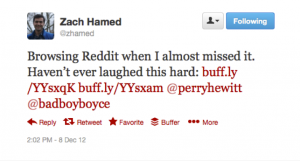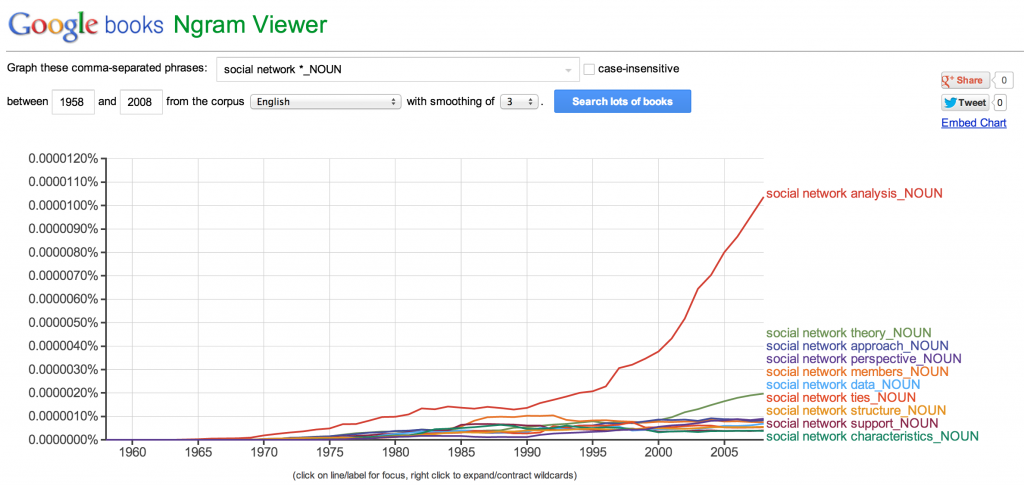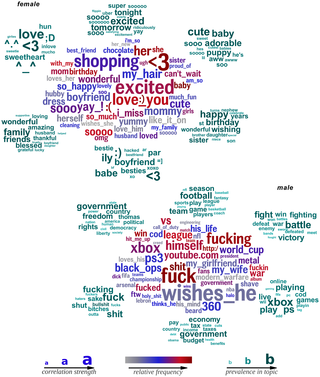 So, lots of talk this week about Snapchat turning down a 3B acquisition offer from Facebook. Was this a shrewd move, or an example of millennial entitlement run amok? Facebook’s 2012 purchase of Instagram for 1B is starting to look like it was a pretty good deal for a company concerned about its waning teen audience. And Google snapping up YouTube for 1.65B in stock back in 2006 now seems like a steal.
So, lots of talk this week about Snapchat turning down a 3B acquisition offer from Facebook. Was this a shrewd move, or an example of millennial entitlement run amok? Facebook’s 2012 purchase of Instagram for 1B is starting to look like it was a pretty good deal for a company concerned about its waning teen audience. And Google snapping up YouTube for 1.65B in stock back in 2006 now seems like a steal.- Where are those teens who are eluding Facebook? A lot of them are immersed in messaging apps like What’s App or Kik. The line between messaging and more traditional social is starting to blur as messaging apps add features like gaming and music. Also unclear: Will these services grow on their own, or be snapped up by the tech giants?
- Wondering how much effort to put into optimizing your news site for social? 30% of U.S. adults get news on Facebook. And people who get news through social networking sites are more likely to get their news on mobile, underscoring the mobile mandate for publishers.
- Dropbox announces 200M users and a total revamp of its platform for the relaunch of Dropbox for Business. Which they should totally just call “Dropbox for Business that You Can Admit to Using” because it’s already pervasive in the enterprise in a clunkier and less secure version.
- How much does employee co-location matter when you’re building a company? According to Automattic’s recent 1B valuation, not a whole heck of a lot. The money quote from Matt Mullenweg: “if you give people autonomy to execute on something meaningful, and bias the environment to moving quickly, amazing things can happen.”
Weekend fun: Want to see something cool, even if it makes you (OK, me) regret your own slacker parenting? Check out Dinovember.




 Ten months later, it’s a minor meme that wouldn’t die. Cheezburger. Fark. Failbook. Runt of the Web. New captions emerge: “Positive Family Interaction,” “On Facebook, Sometimes You Win and Sometimes You Lose,” or, my personal favorite, “A Mom’s Unconditional Love.” The beard meme surfaces often enough that in the past month it’s surfaced at a staff meeting and a nonprofit event in D.C.
Ten months later, it’s a minor meme that wouldn’t die. Cheezburger. Fark. Failbook. Runt of the Web. New captions emerge: “Positive Family Interaction,” “On Facebook, Sometimes You Win and Sometimes You Lose,” or, my personal favorite, “A Mom’s Unconditional Love.” The beard meme surfaces often enough that in the past month it’s surfaced at a staff meeting and a nonprofit event in D.C.

 How do the words we use segment us by personality, gender, and age? An open vocabulary
How do the words we use segment us by personality, gender, and age? An open vocabulary 
